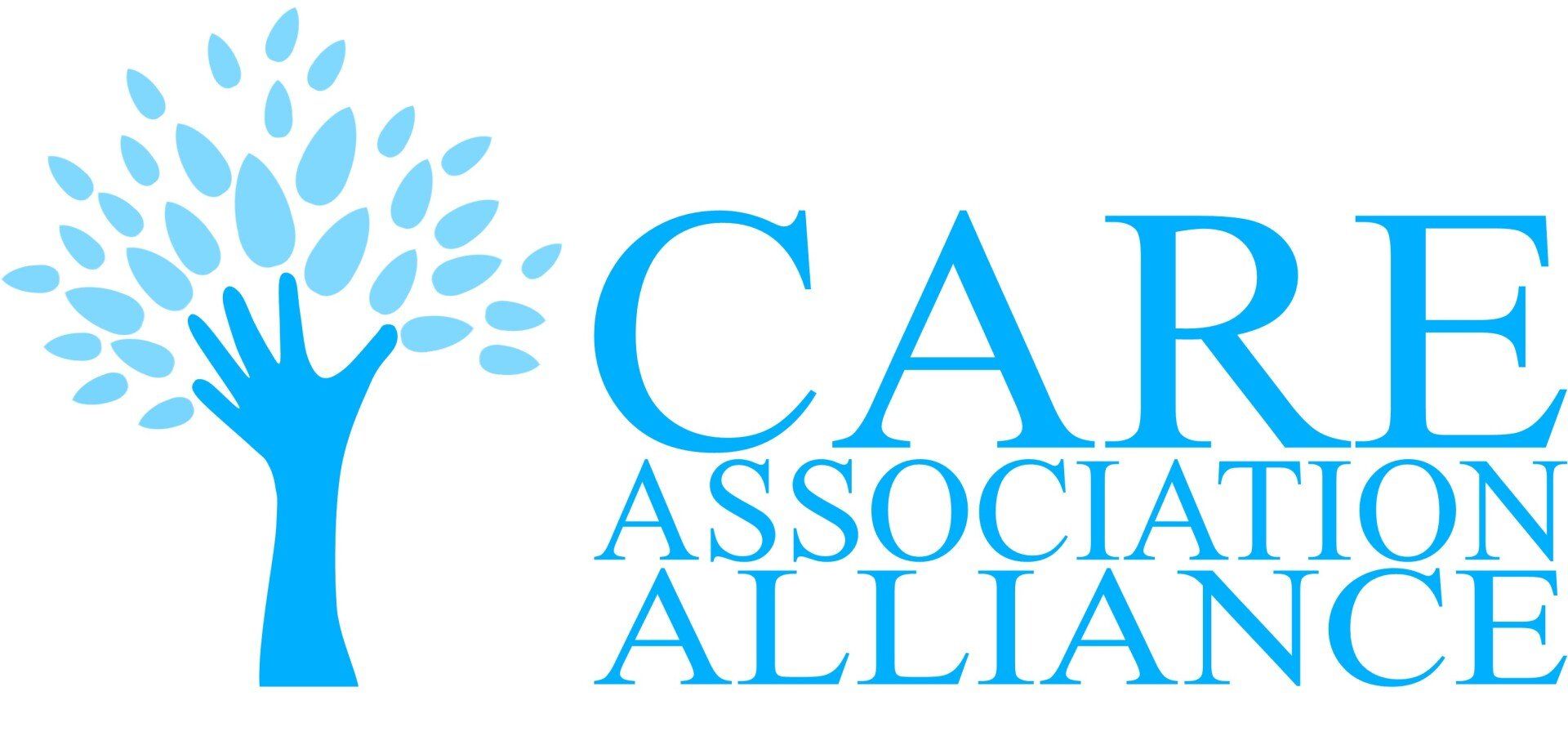Worcestershire Registered Managers Network meeting
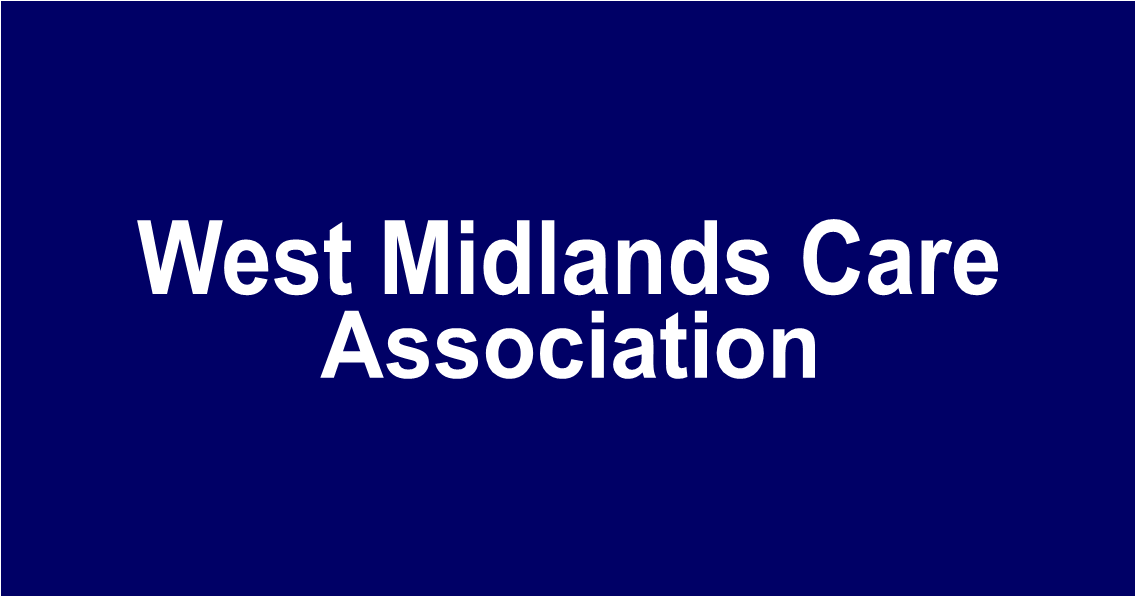
Worcestershire Registered Managers Network meeting
27th June 2024
11:00am - 2:00pm
LUNCH AND REFRESHMENTS PROVIDED
Venue:
Warndon Centre Hub,
Shap Drive,
Worcester,
WR4 9NX
This event is an opportunity for leadership teams to learn from other colleagues and to share good practice, while having the opportunity to investigate various offers throughout the sector from our exhibitors.
It is open to all Registered Managers and Deputy Managers across Worcestershire.
Agenda:
11:00am - 11:15am
Keiron Broadbent
Chief Executive
West Midlands Care Association
Claire Jenkins
Locality Manager
Skills for Care
Mel Dawson
Registered Manager
The Lawns Nursing Home
RMN Chairperson
- Registration & welcome
11:15am - 11:45am
Michelle Ohren
Head of Cyber Innovation
West Midlands Cyber Resilience Centre
- Who we are and what we do
- Ensuring your business is cyber safe
11:45am - 1:00pm
- Networking Lunch
- Chair led discussion & group activity around top themes from group activity in relaunch event: Safeguarding issues (answers to questions and polls)
- Thoughts and questions on CQC framework and portal – prepare questions for Carl Ingles and Sue Scully (CQC inspectors)
1:00pm - 1:30pm
Carl Ingles & Sue Scully
Inspectors
CQC
- Catch up and provider questions
1:30pm - 2:00pm
Margaret Reilly
Healthwatch Worcestershire
- Who we are and what we do
- Our work in Adult Social Care
Register here:
To book your place, just fill in the booking form below and email confirmation will be sent through to you:

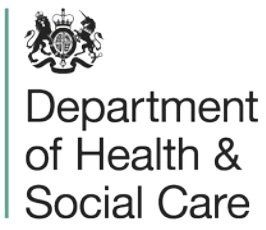


Our Partners:
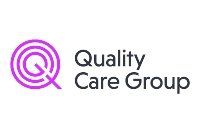
Slide title
Write your caption hereButton-

Slide title
Write your caption hereButton -

Slide title
Write your caption hereButton -

Slide title
Write your caption hereButton -

Slide title
Write your caption hereButton 
Slide title
Write your caption hereButton-
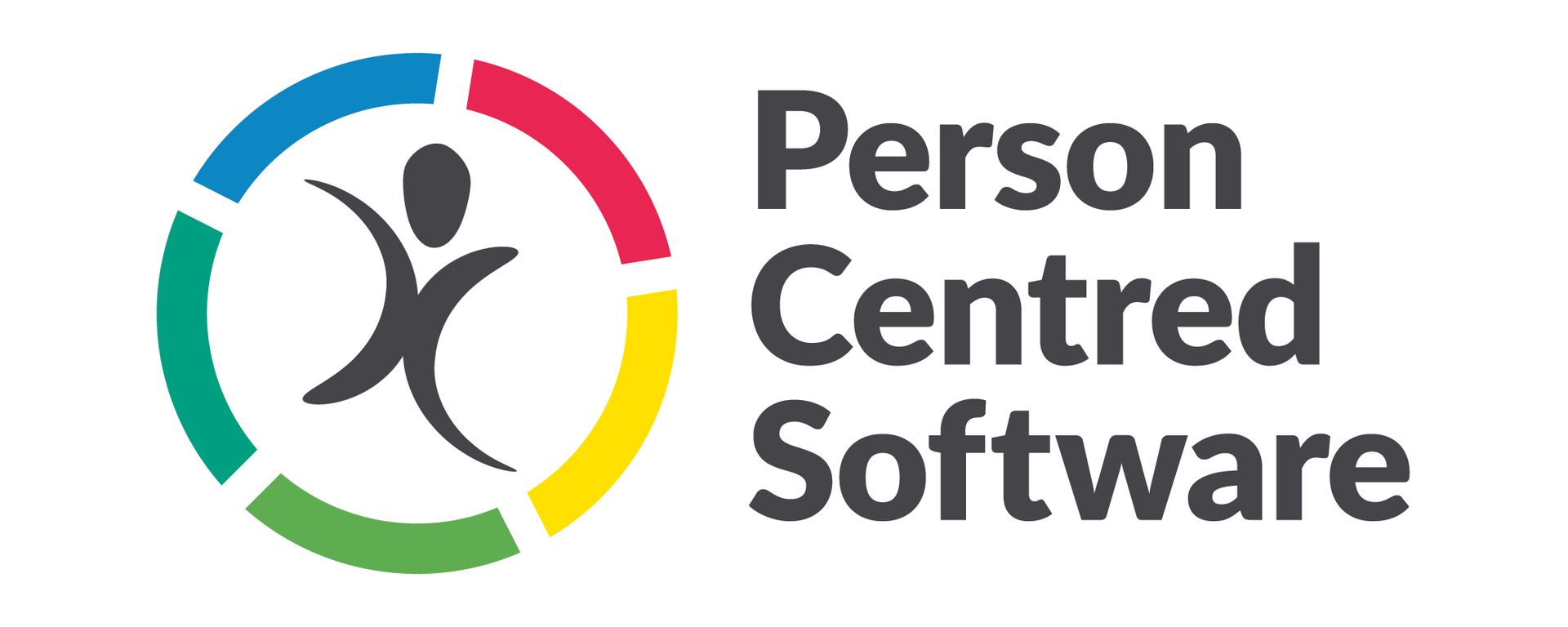
Slide title
Write your caption hereButton
-

Slide title
Write your caption hereButton -

Slide title
Write your caption hereButton 
Slide title
Write your caption hereButton-

Slide title
Write your caption hereButton 
Slide title
Write your caption hereButton-

Slide title
Write your caption hereButton -

Slide title
Write your caption hereButton
West Midlands Care Association, Globe House, Park Lane, Halesowen, B63 2RA
Registered in England and Wales No 04972911
© 2022 West Midlands Care Association, all rights reserved









